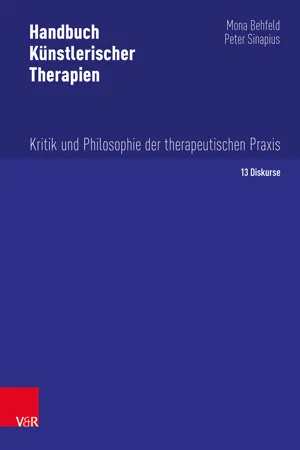
Reformed Historical Theology
- 355 pages
- English
- PDF
- Available on iOS & Android
About This Book
For more than forty years now there has been a steady stream of interest in Richard Hooker. This renaissance in Hooker Studies began with the publication of the Folger Library Edition of the Works of Richard Hooker. With this renaissance has come a growing recognition that it is anachronistic to classify Hooker simply as an Anglican thinker, but as yet, no generally agreed-upon alternative label, or context for his thought, has replaced this older conception; in particular, the question of Hooker's Reformed identity remains hotly contested.Given the relatively limited engagement of Hooker scholarship with other branches of Reformation and early modern scholarship to date, there is a growing recognition that Hooker must be evaluated not only against the context of English puritanism and conformism but also in light of his broad international Reformed context. At the same time, it has become clear that, if this is so, scholars of continental Reformed orthodoxy must take stock of Hooker's work as one of the landmark theological achievements of the era.This volume aims to facilitate this long-needed conversation, bringing together a wide range of scholars to consider Richard Hooker's theology within the full context of late 16th- and early 17th-century Reformed orthodoxy, both in England and on the Continent. The essays seek to bring Hooker into conversation not merely with contemporaries familiar to Hooker scholarship, such as William Perkins, but also with such contemporaries as Jerome Zanchi and Franciscus Junius, predecessors such as Heinrich Bullinger, and successors such as John Davenant, John Owen, and Hugo Grotius. In considering how these successors of Hooker identified themselves in relation to his theology, these essays will also shed light on how Hooker was perceived within 17th-century Reformed circles. The theological topics touched on in the course of these essays include such central issues as the doctrine of Scripture, predestination, Christology, soteriology, the sacraments, and law. It is hoped that these essays will continue to stimulate further research on these important questions among a wide community of scholars.
Frequently asked questions
Information
Table of contents
- Title Page
- Copyright
- Table of Contents
- Body
- Acknowledgments
- Abbreviations and Note on Citations
- Foreword
- W. Bradford Littlejohn / Scott N. Kindred-Barnes: Introduction
- Part I: Situating Richard Hooker
- David Neelands: 1. Richard Hooker, adiaphora, and the Defence of a Reformation via media
- W. Brown Patterson: 2. Richard Hooker and William Perkins: Elizabethan Adversaries or Allies?
- A. S. McGrade: 3. Hooker on Public Worship: An Offering to the Wider Reformation
- Part II: Hooker's Theological and Pastoral Method
- Paul Dominiak: 4. Hooker, Scholasticism, Thomism, and Reformed Orthodoxy
- Torrance Kirby: 5. “Grace hath Use of Nature”: Richard Hooker and the Conversion of Reason
- Daniel Eppley: 6. Practicing What He Preaches: Richard Hooker as Practitioner of Loyal Opposition
- Rudolph P. Almasy: 7. Richard Hooker, Reformed Sermon Making, and the Use of Scripture
- Scott N. Kindred-Barnes: 8. “Symbolizing with Idolaters”: George Gillespie's Critique of Hooker's “Convenient” Way
- Part III: Richard Hooker in the Context of Reformed Orthodoxy
- Andrew A. Fulford: 9. “A Truth Infallible”: Richard Hooker and Reformed Orthodoxy on Autopistos
- Bradford Littlejohn: 10. Cutting Through the Fog in the Channel: Hooker, Junius, and a Reformed Theology of Law
- Luca Baschera: 11. Righteousness Imputed and Inherent: Hooker's soteriology in the context of 16th century continental Reformed theology
- J.V. Fesko: 12. Richard Hooker and John Owen on Union with Christ
- Michael J. Lynch: 13. Richard Hooker and the Development of English Hypothetical Universalism
- Andrew J. Martin: 14. Richard Hooker and Reformed Sacramental Theology
- Bibliography
- List of Contributors